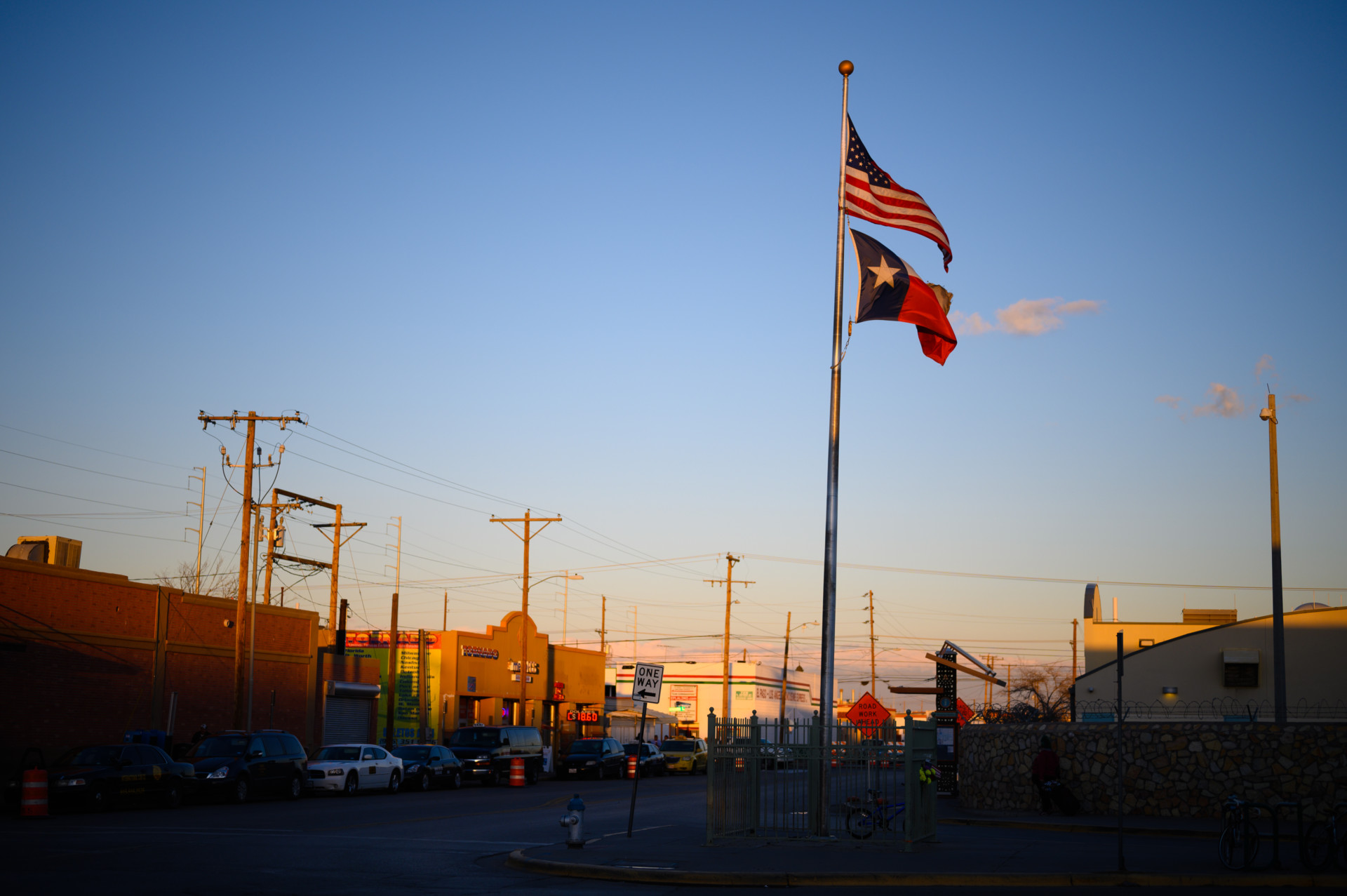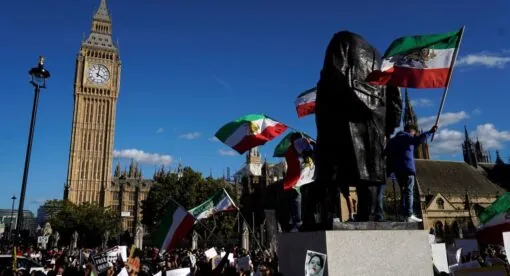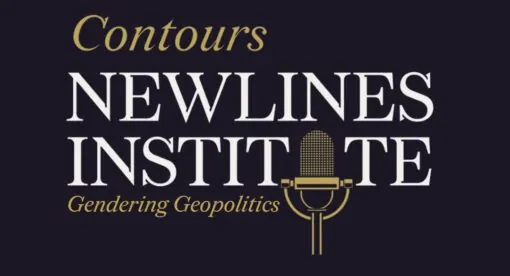A congressional race in Texas is emblematic of trending political fragmentation among immigrant groups who take their political, cultural, and religious identities and conflicts with them even after migrating to a new country. But these groups’ attempts to sway American politics toward other countries’ issues leaves the door open for “America First” voters to coalesce around nativist candidates.
American elections are becoming a battleground for conflicts in faraway lands as diasporas place the political interests of nations they have left behind ahead of the political needs of the nation they have settled in. This trend could fragment potential coalitions of immigrants and progressive groups and is likely to push independents to the right to coalesce behind the idea of “America First.” If immigrants try to influence American politics to benefit countries far away, the anti-immigration backlash will only grow and American politics will further be darkened by shadows of nativism and ethnonationalism.
One can see the best example of the electoral impact of foreign conflicts in the race for Texas Congressional District 22 (TX-22). The district is presaging the political perils of big tent, diverse, coalition-based politics that could become the new norm. Even though the elections are American, some of the issues and political debates agitating the voters are foreign, and as a result, progressive candidates are struggling to keep their coalitions intact.
TX-22, in South Houston, is a racially diverse district that is home to hundreds of nationalities. Its racial composition is 38% White, 27% Hispanic, 19% Asian-American, and14% Black, with 2% identifying as belonging to more than one race. One in four residents is foreign born. Despite this diversity, it is a Republican stronghold because racial and immigrant minorities have remained politically marginalized. In past presidential election years, GOP congressional candidates in the district have enjoyed a 10% advantage. According to the Cook Partisan Voter Index, TX-22 is rated R+10, meaning it will take a strong Democratic wave for the district to flip. Fort Bend County Sheriff Troy Nehls, the Republican candidate, should have an easy path to Congress in November if the district stays true to form.
But Cook, Sabato, and Inside Elections are all rating the race as a toss-up because of the identity and the strategy of Nehls’ opponent, Sri Preston Kulkarni. Kulkarni, an Indian American, has raised more money than Nehls and has kept abreast in the polls – according to FiveThirtyEight polling data from August, Nehls and Kulkarni are tied at 39 percentage points. Contrast this with Kulkarni’s previous run for TX-22 in 2018, when he lost by 10 percentage points.
This time, Kulkarni has a chance to win if he can hold together an extremely diverse coalition, including groups of minorities that are at loggerheads. He is campaigning in 27 languages. He has hired Muslims, Hindus, Indians, Pakistanis, Nigerians, and others to work for his campaign. He has reached out to long-neglected communities. But the multicultural edifice he is building is likely to come crashing down because his radical inclusive politics have failed to factor in the conflict spillover effect.
Conflict spillover happens when a conflict extends beyond the border of the nation of its origin, manifested in this case by the tensions between India and Pakistan that are now playing out in the electoral politics of South Houston. Many Indian-Americans are supporting President Donald Trump and local Republican candidates, especially after the “Howdy Modi” event in 2019, when Trump and Indian Prime Minister Narendra Modi rallied in Houston in front of thousands of Indian-Americans, showcasing the popularity of the two leaders with the Indian diaspora. Some Indian-Americans, mostly progressives and minorities, and most Pakistani-Americans are left-leaning Democrats who support former Vice President Joe Biden.
The spillover effect in TX-22, however, displays another level of complexity. All over the country, American Muslims are determined to defeat Trump and Republicans because of their Islamophobia and xenophobia. But in TX-22 they are divided, and the division is getting extremely intense as Muslims from India are breaking from the herd and running in the opposite direction. While American Muslims are going blue everywhere, Indian Muslims are turning red in Houston. Foreign conflicts are dividing South Asians and South Asian Muslims into opposite political camps unwilling to trust or engage each other. These divisions hurt the Democrats and help Trump.
Kulkarni is being accused of supporting and taking money from Hindu nationalists (also called Hindutva), organizers of the Howdy Modi event. The violence and the exclusionary politics of Hindu nationalism and Modi toward Muslims are well documented. Kulkarni’s critics insist that while he talks compellingly about his commitment to human rights and opposition to Islamophobia, he has not done enough to condemn the Hindutva ideology or the human rights violations of Muslim minorities in India. Nor has he distanced himself from Hindu nationalists in the United States. He is caught between the proverbial rock and hard place. If he condemns India’s prime minister and ruling party, he risks alienating Hindu-Americans, who support his candidacy very strongly and have funded him generously in 2018 and now. But if he does not condemn Hindutva ideology, he loses the support of Indian Muslims, who are already campaigning against him. His challenge is keeping them both in his camp.
This phenomenon of conflict spillover is not confined to South Houston. When Biden’s campaign announced that his outreach person to American Muslims would be Amit Jani, a supporter of Narendra Modi, there was an uproar from American Muslims. Jani was replaced with Farooq Mitha, a well-known Muslim activist. On the issue of Palestinian rights, Biden, who is proud of his “ironclad” commitment to Israel, had to recalibrate his approach to keep Arab-Americans and Palestinian-Americans within his fold. He, like Kulkarni, is juggling Indian- and Pakistani-Americans. Fortunately for him, the strong dislike that many of these groups feel for Trump is keeping them in his camp despite their differences.
Kulkarni, however, cannot rely upon dislike for Trump in his district to help him keep his broad-based coalition. Indian Muslims are arguing that Democrats already control the House without TX-22 and that they can afford to keep a person they see as a Hindutva activist out of office without any negative impact. They are recommending that people vote against Trump nationally and against Kulkarni locally. During a recent interview with Kulkarni for my YouTube show, Khanversations, he stated unambiguously that he did not support Hindutva ideology. He said his “values are American values” and that he is proud of his record of fighting Islamophobia and his outreach to Muslims. But the financial support he is getting from the organizers of Howdy Modi event make his statements seem less credible to some politically active Indian-American Muslims.
America needs good leaders and good governance to rebuild and recover from the mess it currently is in. If elections in America are decided by criteria such as who is good for India, or Indian Muslims, or Palestinians, or Israel, then who will care about what happens to America? Kulkarni, to my mind, is undoubtedly good for America. He is progressive, inclusive, respects science and rule of law, and understands the plight of minorities. But if he is sympathetic to Hindutva ideology, he could vote in ways in Congress that could be bad for Muslims in India.
The rise of Trump and white nationalism, many experts argue, is propelled by white panic that liberalism and immigration are threatening the white Christian dominance of American identity, culture and politics. Many fear that the America they know is slipping away. If immigrants place the interests of other nations ahead of America so ostensibly in critical elections, then those who care more about America than foreign nations will coalesce behind Trump and his ideology. Identity politics on the left empowers the right. Even progressive Houstonians observing the political intramurals in the Indian-American community might be tempted to give someone who says “America First” a second look.
Dr. Muqtedar Khan is a professor at the University of Delaware. His latest book is Islam and Good Governance. He is the host of the Youtube show Khanversations.
The views expressed in this article are those of the author and not an official policy or position of the Newlines Institute.






